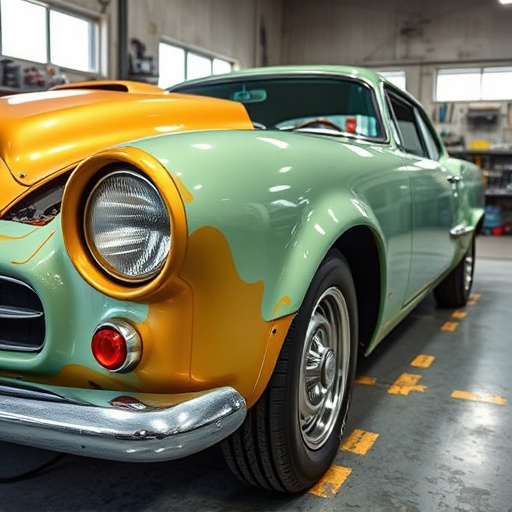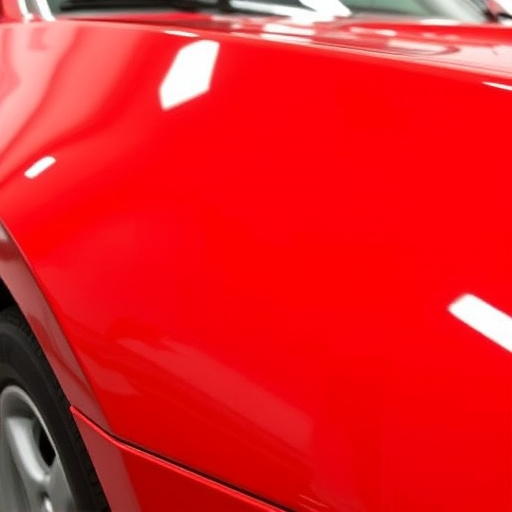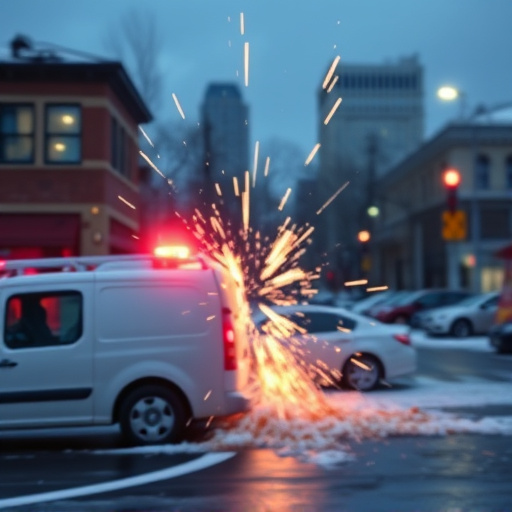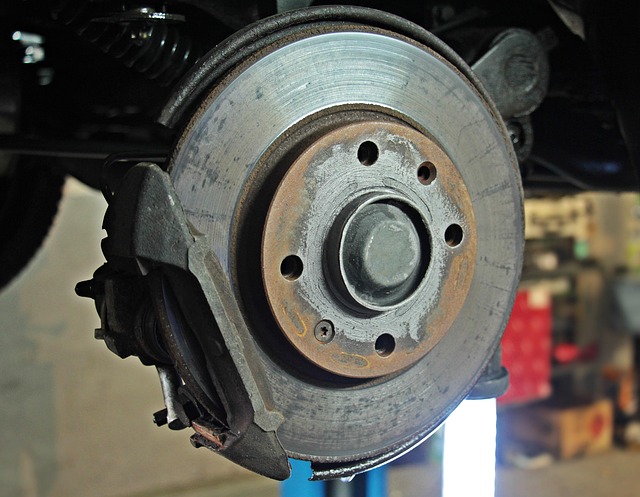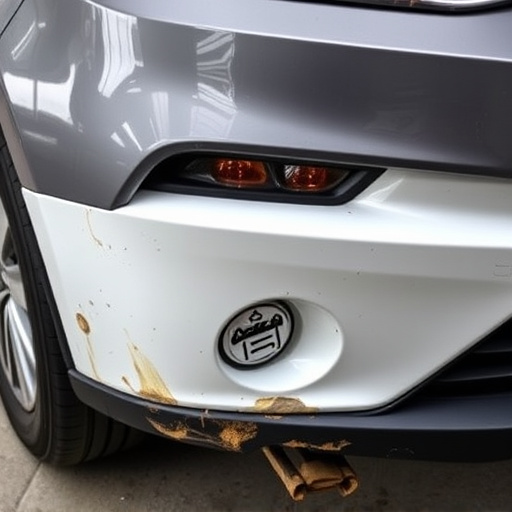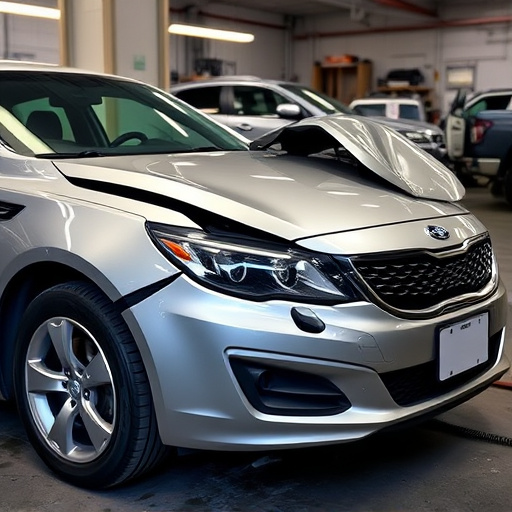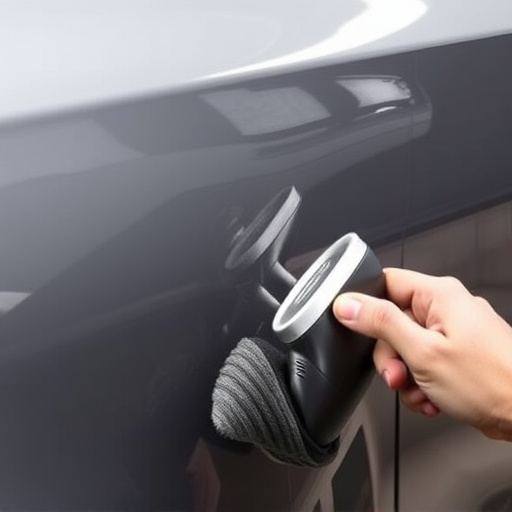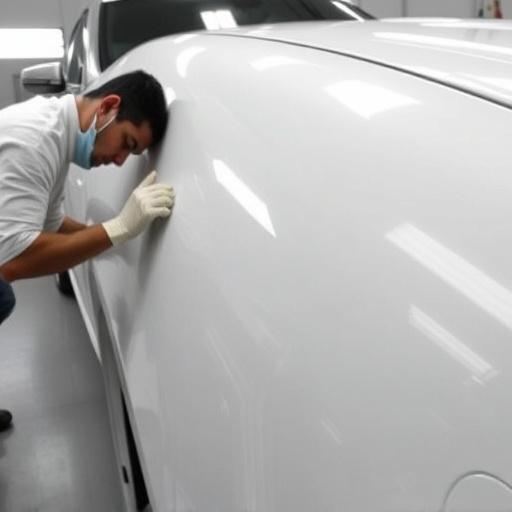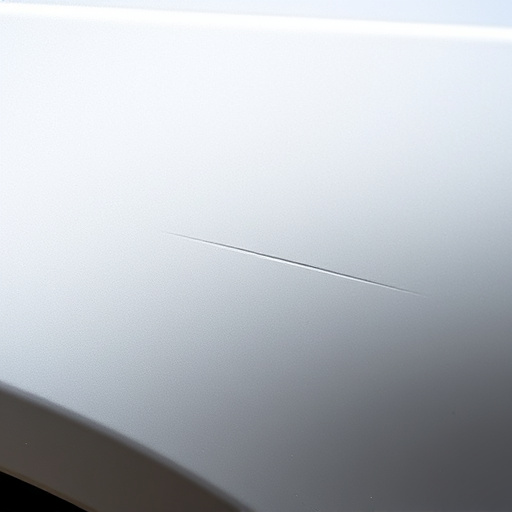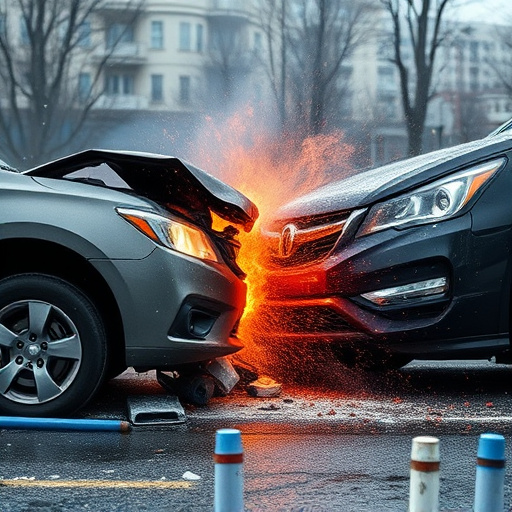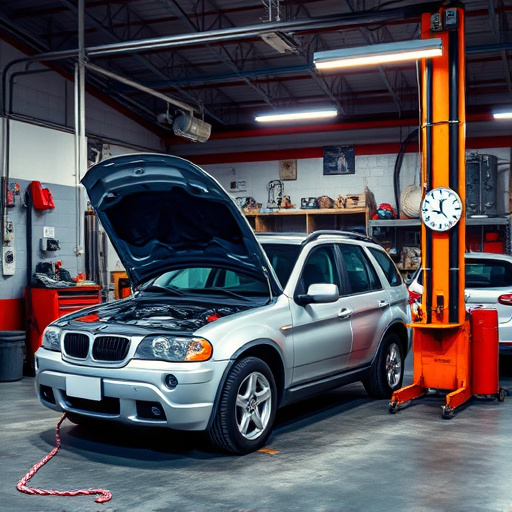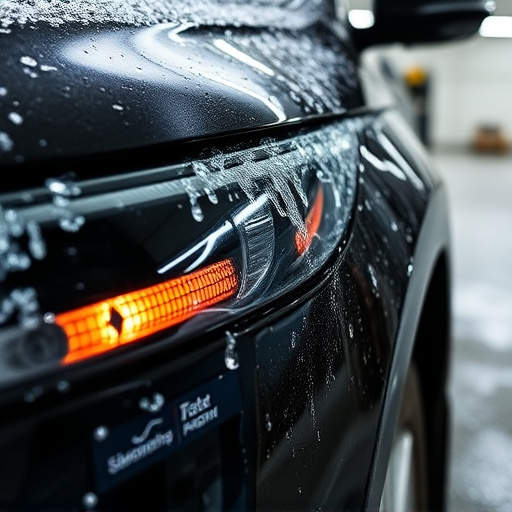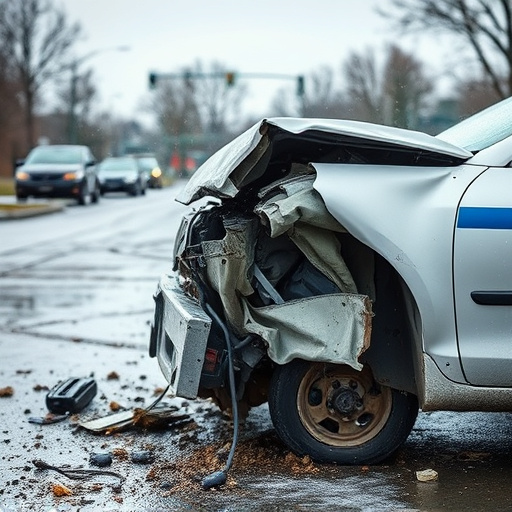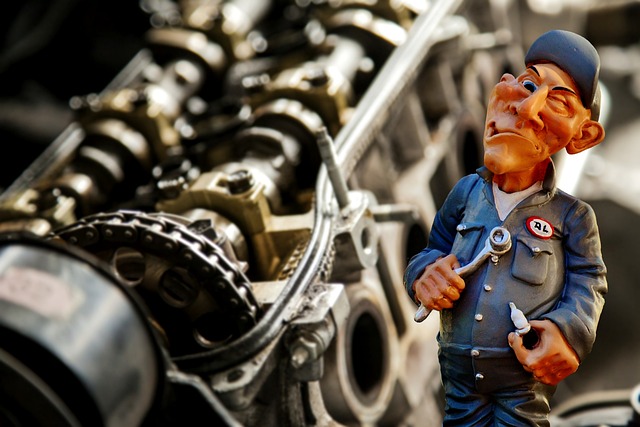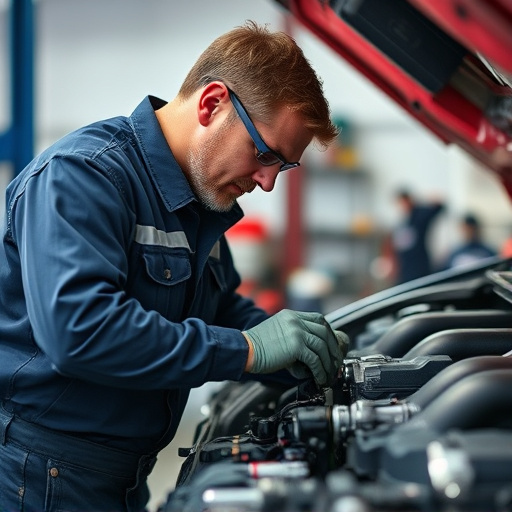The car's cooling system, comprising the radiator, water pump, and thermostat, prevents engine overheating, crucial for avoiding damage. Regular maintenance, including leak checks and coolant top-ups, is vital to prevent accidents caused by overheating. Collision repair techniques restore the cooling system post-accidents, preventing future malfunctions. Neglecting maintenance leads to issues like corrosion and fused parts, often requiring costly repairs. Proactive maintenance and prompt addressal of problems safeguard against cooling system accident damage.
Protecting your car from cooling system failures is crucial for maintaining optimal performance and preventing costly repairs. This comprehensive guide delves into the intricacies of your vehicle’s cooling system, revealing common causes of failures such as leaks, corrosion, and neglected maintenance. By understanding these issues, you can implement effective prevention strategies to guard against accidental damage. Discover essential tips to ensure regular maintenance, detect potential problems early on, and extend the life of your car’s cooling system.
- Understanding Your Car's Cooling System
- Common Causes of Cooling System Failures
- Maintenance Tips to Prevent Accidental Damage
Understanding Your Car's Cooling System
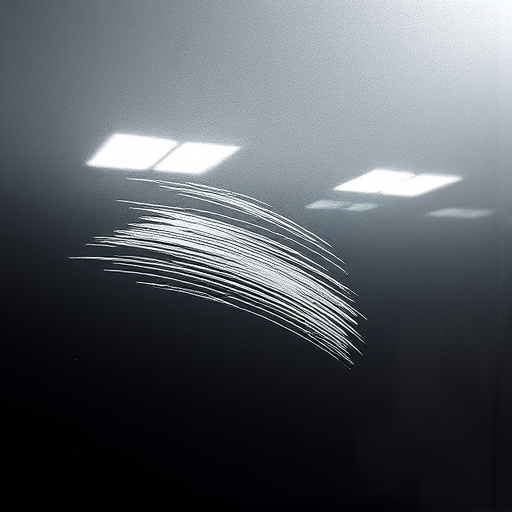
Your car’s cooling system is a complex network designed to regulate engine temperature, preventing overheating that could lead to serious damage. At its core, it comprises several components: the radiator, which dissipates heat; the water pump, circulating coolant; and the thermostat, controlling the flow of coolant in response to engine temperature. Understanding these parts and their interactions is crucial when considering how to protect against cooling system failures.
Regular maintenance plays a vital role in preventing accidents caused by overheating. This includes routine checks for leaks, ensuring adequate coolant levels, and timely replacement of worn components. In the event of a collision or accident damage, proper car restoration and collision repair techniques are essential to restore your vehicle’s cooling system to its optimal condition, preventing future malfunctions that could compromise safety and performance.
Common Causes of Cooling System Failures
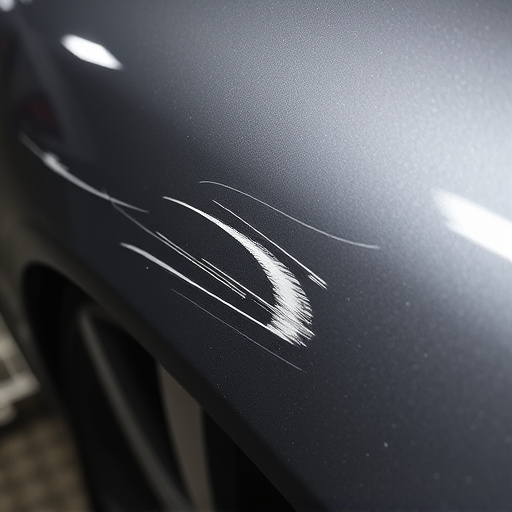
Cooling system failures can be costly and inconvenient, often leading to unexpected breakdowns and even more serious car damage. Understanding the common causes behind these failures is a proactive step in maintaining your vehicle’s longevity. One of the primary culprits is accident damage, which can severely impact the intricate network of hoses, radiators, and other components that make up the cooling system. Even minor fender benders or more significant collisions can cause cracks in the car body that compromise the system’s integrity.
Neglecting regular maintenance is another frequent factor contributing to cooling system failures. Over time, coolant levels can deplete, allowing metal parts to corrode and fuse together. Leaks often go unnoticed until the system fails completely, leading to further complications. It’s essential to have your car inspected regularly by a professional, especially at signs of unusual temperatures or leaks. Autobody repairs are not just about fixing dents; they also involve addressing potential systemic issues that could save you from costly breakdowns in the long run.
Maintenance Tips to Prevent Accidental Damage
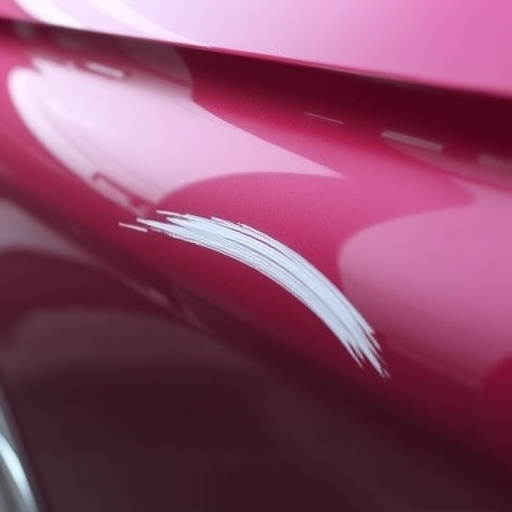
Regular maintenance is key to preventing accidental damage to your car’s cooling system. One of the most important steps is checking and topping up coolant levels at set intervals. Coolant not only regulates engine temperature but also protects against corrosion and freezing, so staying on top of its level ensures optimal performance. Another crucial aspect is inspecting belts and hoses for any signs of wear or cracks. These components play a vital role in circulating the cooling system, and replacing them promptly upon detection can save you from unexpected breakdowns.
Additionally, keeping your vehicle clean and free from debris helps prevent accidental damage to sensitive parts. Road salt, tree sap, and bird droppings can all cause harm if left untreated. A quick wash and wipe-down routine not only improves your car’s aesthetic appeal but also safeguards its internal mechanisms. Remember, addressing these maintenance tasks proactively is far more effective than fixing extensive collision repair or vehicle bodywork issues that may arise from neglected cooling system accidents.
Regular maintenance and understanding your car’s cooling system are key to preventing costly failures. By addressing common issues like leak repairs, topping up coolant levels, and checking for corrosion, you can significantly reduce the risk of accidental damage caused by a malfunctioning cooling system. Stay proactive in caring for this vital component, ensuring your vehicle remains reliable and safe on the road.
